Back in the day, it was fashionable and considered perfectly normal to believe a theory or two about the JFK assassination. It could be said the initial investigation was a bit botched, and naturally, imaginations went wild. However, since those days, theories like 9/11 “truths” have created a sense of paranoia, fear and far-reaching power behind conspiracy theories. That’s made them sort of like a religion, and also like one of the worst horror movies imaginable — one where normal citizens have allowed governments to become more fascist, all because they believed it already was. Scary indeed.
10. Many Conspiracy Theorists Are Insecure; Complete Government Control Is Comforting
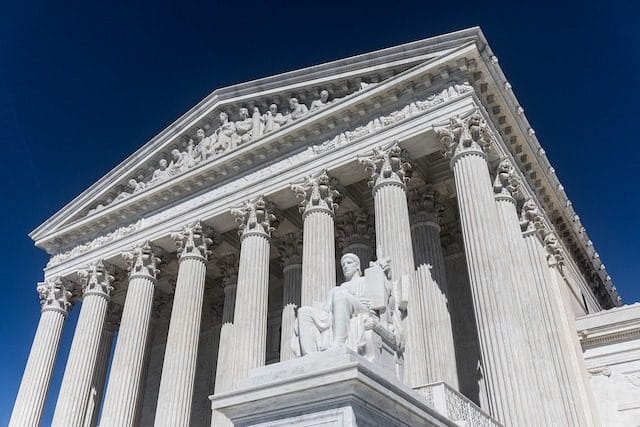
Conspiracy theorists flummox a lot of people by the way they talk about the government. The talk they engage in seems to be less than positive, and they will mention all the ways the government subtly controls you or influences you in ways you “didn’t even realize,” but in the end they don’t seem to have any interest in doing anything about this. And often, no matter who is in charge, the conspiracy theorists take a certain sense of satisfaction in knowing that the whole situation is tightly controlled by the shadowy, nefarious, all-powerful “government.”
This is likely because many conspiracy theorists are actually quite insecure. The world around them is scary, and with so many different powers around the globe fighting with each other on a regular basis and even the allies often disagreeing on important matters, it can be a nice feeling (and quite comforting) to think that the government has the situation well in hand.
9. The Craze Online Has Created An Entire Industry Around Selling Conspiracy Theories

Alex Jones is now famous, or infamous if you prefer, for screeching like a howler monkey all over any media he can get his hands on, and giving all the real howler monkeys a bad name. His conspiracy theories and crazy rants have made him one of the most controversial people alive, but he is not the only one taking advantage of this kind of thing. And, worse yet, Alex Jones and his ilk don’t just stop at getting advertising dollars.
There is an entire industry online dedicated to selling things to the gullible conspiracy types. From wallets meant to block the government from spying on you with NFC technology, to special fluoride removing water bottles, and everything in between, these websites will warn you with screeching klaxons about the danger you are in — and they have the answer, of course… for a price.
8. It Is Likely Many Conspiracy Theorists Have Delusional Disorders, And Are Being Used
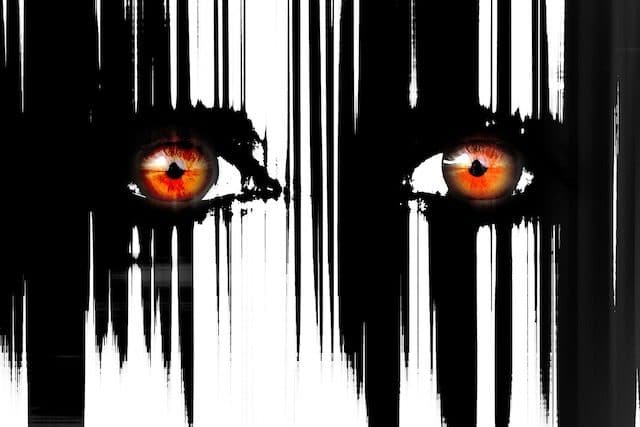
Now, we aren’t saying that the average person who believes that 9/11 was perpetrated by the US government has schizophrenia, or even that someone with the belief in many irrational conspiracies necessarily does, either. However, there is an entire umbrella of delusional disorders, often called schizotypal, that display some delusional traits but aren’t actually showing anything close to full blown schizophrenia or anything similar.
People like Alex Jones, who has claimed his entire thing is just an act to get views when he was trying to keep custody of his kids in court, likely understand all too well that people who have delusional disorders are easily taken in by conspiracies, but they take advantage because it’s a really easy way to get money. Jones and his ilk should be especially ashamed, because when it comes right down to it, they are taking advantage of people with what is perhaps a very mild mental illness, and not only bilking them of their money, but helping the seed of a mental illness blossom into something potentially more serious.
7. A Single Theory Or Two Have Snowballed Into A Vast, Overarching Conspiracy
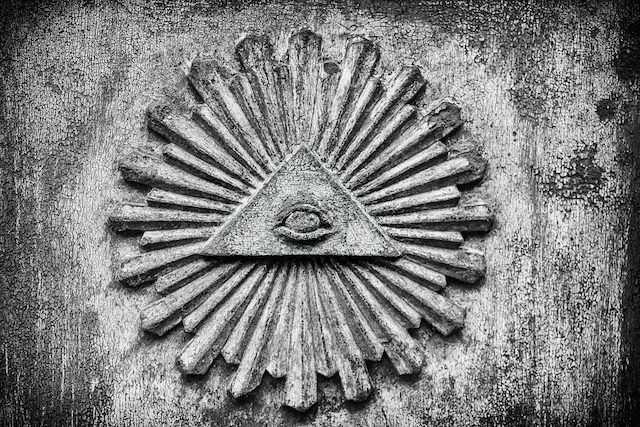
There are those who are happy to believe that the United States government almost entirely controls its citizens — without them even realizing it — and controls much of the world, but some of these theorists don’t necessarily believe in any larger conspiracy than that. Many theorists started quite US-centric, and focused more on things like the Kennedy assassination and the 9/11 conspiracy. However, in more recent years with global communication, things like the Illuminati have become increasingly popular among conspiracy theorists.
Many of them now believe that perhaps something by an entirely different name (but still, very similar to the Illuminati) secretly does regularly meet, and basically controls and plots the fate of the world. Of course, this is both a comforting worldview and quite a simplistic one. It is nice to think the world is that organized and well in hand, but the truth is that many diplomatic meetings occur all over the world every day, and that in itself is still often barely enough to keep the peace.
6. Ancient Aliens Has Helped People Lose Their Sense Of Reason By Misleading People
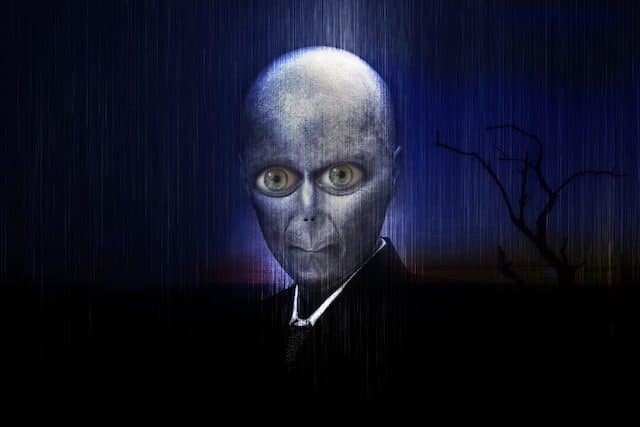
Ancient Aliens is a well known series and a well known joke among many. However, there is (sadly) a rather large number of people who follow it, many of whom are normally quite rational. The series, for those who aren’t familiar with it, is a program on a channel once known for history that tries to tie every single thing that ever happened in the ancient world to extraterrestrial visitors. The premise is ridiculous, and there are videos out there debunking some of the crazier claims. The biggest common claim they make are that many things would be impossible without alien technology.
However, nearly every single thing they make a huge deal about being impossible has been demonstrated as doable with primitive tools by archeologists testing out theories. The show does give some interesting presentations, but it is very misleading about how hard it would actually be to do most of these feats. Combine this with the fact that the name of the network is “The History Channel” — which certainly sounds like it should have accurate information — and anyone who already tended a little toward conspiracies was easily taken in.
5. Politicians Love Using Conspiracy Theories To Their Advantage
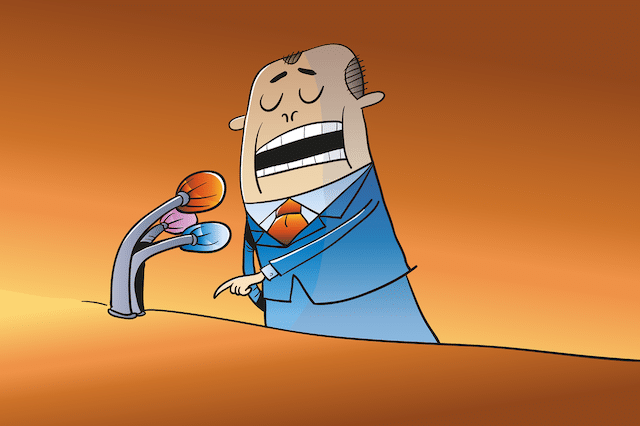
While it may be a political risk to push a conspiracy theory too hard, a politician can also make just the right suggestions about how “it’s okay to ask questions,” and then get their followers and commentators to do most of the dirty work after that. Conspiracy theories about their opponent, or about their opponent’s policies, are a great way to gin up a crowd and get them to the polls. Even if the politician using the theories to their advantage knows they are not true, it hardly matters — an advantage is an advantage.
The fires of this sort of thing are easy to stoke, and once lit, the truly delusional people who get their hooks on the idea will never let go. They can be asked to back off by the person who started the slanderous theory, but by then it will have taken on a life of its own. This sort of tactic is a great way to create an aura of distrust around your opponent, and get dangerously unstable people set against them while avoiding too much scandal in the media for your actions.
4. Once A Conspiracy Theorist Believes Something, It Is Practically Set In Stone

One of the most difficult things about the modern conspiracy movement is how hard it is to ever get a theorist to give up an idea. Whether it is the moon landing conspiracy, the 9/11 conspiracy, or something similarly outlandish, with the internet so quickly reaffirm the craziest belief possible even a “village” of people who know the theorist in person may not be enough to bring them down from their conspiracy delusion.
It is made worse by the fact that the internet can not only act as an echo chamber, but also provide reams of very convincing arguments about the most ridiculous beliefs imaginable, as long you just look hard enough for the right random person’s blog. Almost any evidence you provide will be countered with a non-sequitur, and if you provide insurmountable enough evidence, they will just claim the government used its power to wipe the evidence of their doings from the web.
3. Conspiracy Theorism Is Practically Becoming A Religion
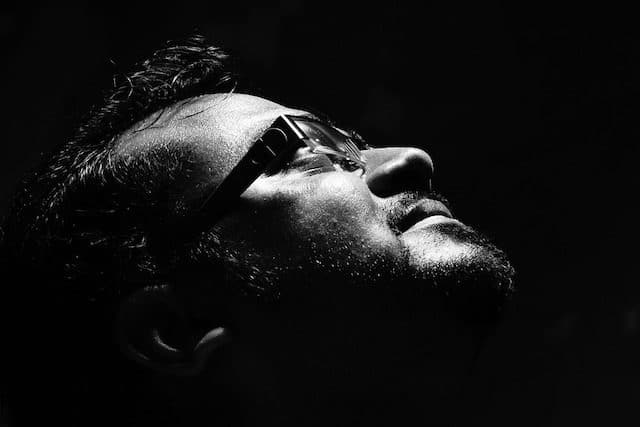
One thing you may hear from some conspiracy theorists when you do manage to actually get on the same page and present evidence they truly cannot ignore is that they “choose to believe” the theory anyway, despite what you just showed them. They have no argument against it and they aren’t trying to say what you showed them was wrong; they just believe what they want anyway, because their belief in grand conspiracies and government control makes them feel comfortable and safe in this crazy world.
And so the movement starts to resemble a religion more and more every day, as conspiracy theorists become more connected and ignore evidence in order to believe that the government controls everything. And the sad truth is, the movement of theorists is getting to a dangerous place. But it didn’t always used to be this way. Theorists used to be more honestly concerned about government control and saw the increase as a bad thing. They weren’t looking so hard to see things that weren’t there, and were more likely to be evidence-based in their beliefs. For example, many of the old Kennedy theories went to great lengths to be as scientific as possible. Today theorists seem more concerned with forcing the facts to fit a greater narrative than with finding actual facts, all so they can discover the “real truth” like the theorists of old.
2. People Can Be Easily Duped By “Experts” (… And So Can “Experts” Themselves)
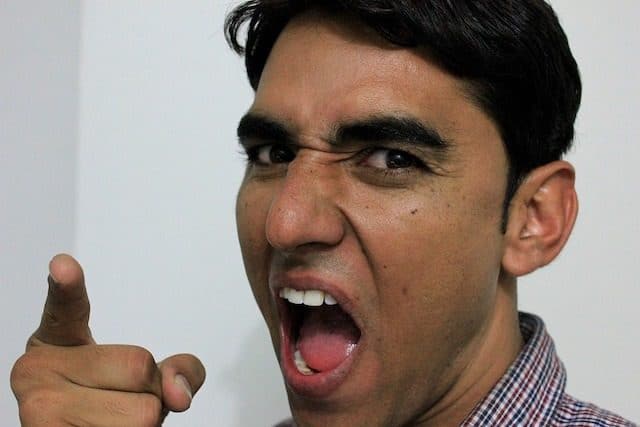
One of the most enduring pieces of “evidence” used by 9/11 truthers is that a whole bunch of structural engineers signed a document claiming that the whole thing was just impossible based on the official story, due to structural integrity, heat of jet fuel, etc. This has caused many people to be taken in by the entire conspiracy, and some “experts” in the field — who do not really understand the issue properly — see a few other experts (who may have been of ill-repute to begin with) signing on, and then jump on the bandwagon themselves.
What we’re saying is that even experts can make mistakes in evaluating information and let other experts, who think they know more about a particular specialization, speak for them when they do not understand enough to know if what that “expert” was saying made sense or not. There are many more experts who say the official story does make sense than those who say it doesn’t, but conspiracy theorists will gladly throw that kind of logic to the wind because it doesn’t fit the narrative. Some will scoff and say the majority of scientists are dumb sheep, and others will claim they are under the thrall of the government. Only those who agree with them could possibly be intelligent and independent actors.
1. Leaving The Belief In A Conspiracy Can Be Like Leaving A Cult
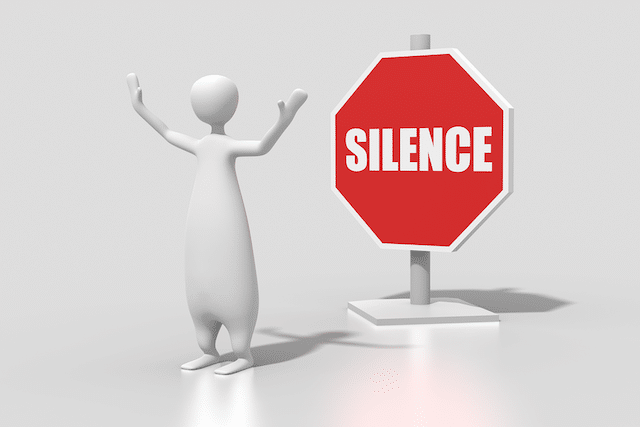
Increasingly, the belief in conspiracies has becoming more and more cult-like, as theorists often band together for moral support on the internet, and to argue about a bunch of different things — none of which are true. If you decide that the conspiracy is wrong and abandon it, you may find that many of your online friends (or in person ones if you roll with those types of people; we don’t judge) suddenly aren’t that interested in spending time with you anymore. Or, at the very least, they will be way more guarded around you, as if you may even be an object of suspicion.
For some, they now reckon you may actually be a government agent or someone else working against them, as conspiracy types can often be deeply paranoid. However, conspiracy theorists — like any budding religion — can also get themselves into the situation where they just flat out ostracize those who no longer fit into the group, and if you don’t really believe in the popular religious beliefs of the rest of the collective, you don’t really belong anymore. If your social circle spends a majority of time talking about conspiracies and you start to disagree with the outlandishness of it all, you may find it to be a difficult social situation to be in.